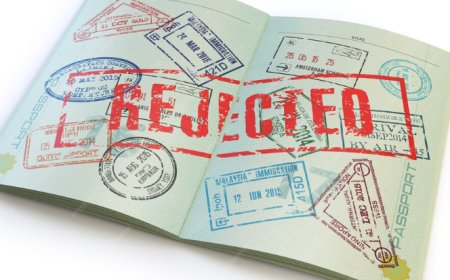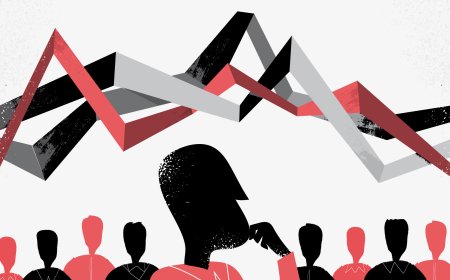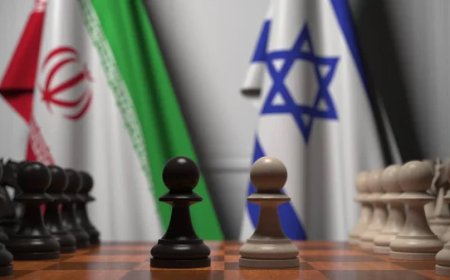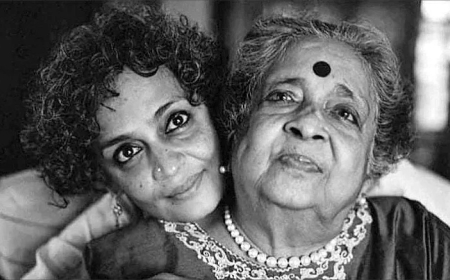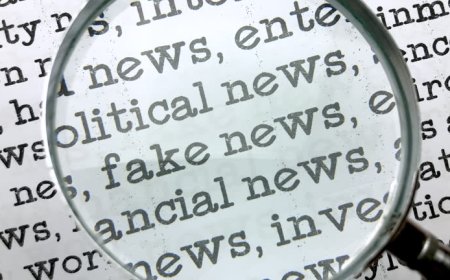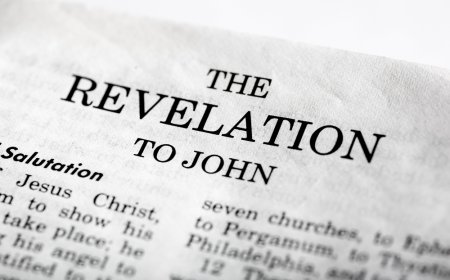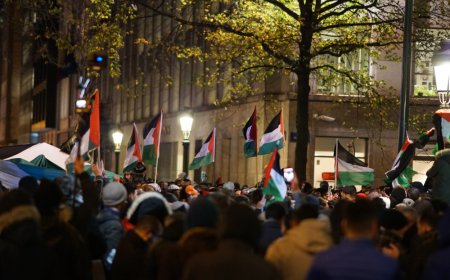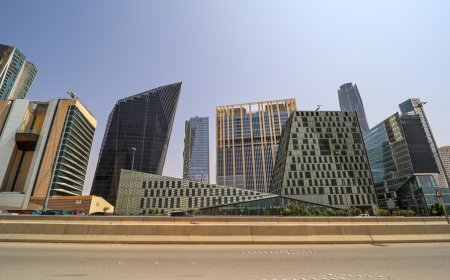The End of Exceptionalism: Why Israel Cannot Survive in Its Current Form
From global isolation to internal collapse, a reckoning is coming.
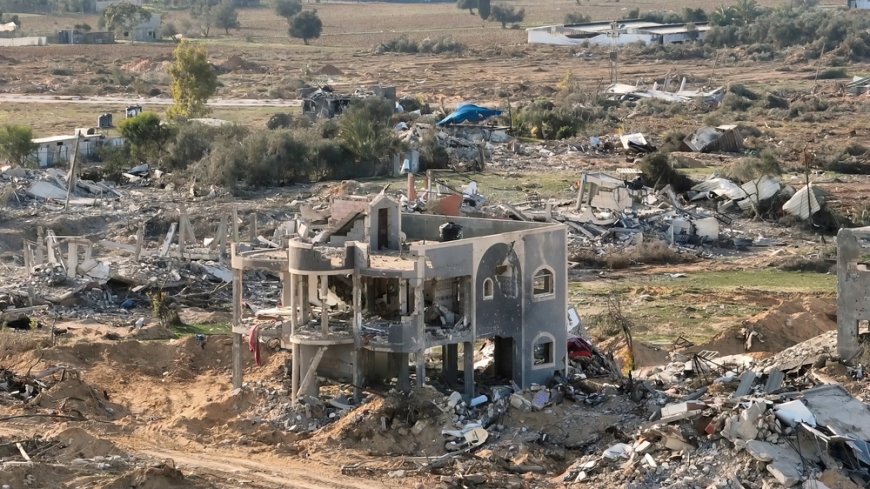
I can’t see how Israel remains in its current form for more than 12 months.
Right now, Israeli society is suspended in a kind of mass psychosis -- fuelled by the global attention of wartime. For now, many live vicariously through that spotlight, subjected to biased media propaganda inside Israel and disconnected from the full weight of their crimes in Gaza.
But that moment will not last. The guns will fall silent. A ceasefire will come. And when it does, Israel will be left alone to face what it has done.
Iran’s unprecedented retaliation to Israel’s military attack caused extensive damage to Israeli military and civilian infrastructure: as of 25 June 2025, 41,651 compensation claims had been filed by Israeli citizens for war-related damages; the final number may be double.
That will cost many billions to repair.
At the same time, the BDS movement is accelerating a global boycott that is already isolating Israeli companies and institutions. The shekel has weakened, inflation is rising, foreign investment is slowing, and the IMF has sharply downgraded Israel’s growth forecast. The country is teetering on the edge of the most severe economic recession in its history.
Meanwhile, Israel is quietly experiencing a brain drain. Exit emigration applications have surged, especially among young professionals in the tech, medical, and academic sectors, who no longer see a future in a country mired in conflict and global isolation.
For dual nationals, the dream of the ‘promised land’ is rapidly dissolving, as they choose to return to their home countries where life feels safer, more stable, and more morally coherent.
What was once framed as a homeland now feels like a liability -- socially, politically, and economically. The long-term loss of talent and trust will be a self-inflicted wound -- one that the Iron Dome can’t defend against.
Once the killing and bombing in Gaza ends, an Israeli public inquiry into the catastrophic failures of October 7 will begin. Netanyahu still faces multiple ongoing criminal charges in Israel (due in court next week) and is named in an ICC request for an arrest warrant for war
crimes and crimes against humanity.
International media and NGOs will eventually regain access to the Gaza Strip, and fact-based reports on the scale of the devastation will be laid bare. The world will see the mass graves, the families buried under rubble, the destroyed hospitals, schools, churches, and mosques.
Testimonies and footage will emerge as whistleblowers -- soldiers, aid workers, even military officials -- begin to speak. Stories of war crimes, extrajudicial killings, deliberate targeting of civilians, and the use of starvation as a military tactic will circulate globally.
Just yesterday, Israeli news outlet Haaretz revealed that commanders instructed soldiers to fire at crowds near aid distribution centers to drive them away -- even when it was clear the crowds posed no danger.
One soldier said: “This has become routine. You know it’s wrong. You feel that it’s wrong, that the commanders here are taking the law into their own hands. But Gaza is a parallel universe … The truth is, most people don’t even stop to think about it. Basically, we’re supposed to fire warning shots to drive them away. But recently, firing shells has become standard procedure. Every time we fire like this, there are casualties and deaths, and when you ask why a shell is necessary, there are never any smart answers.”
The domestic Israeli inquiry and international legal pressure will collide with this flood of evidence, igniting global outrage and profound civil unrest. Trust in the Israeli government and military has already eroded. What comes next will only deepen the crisis.
There is precedent for this. British society was consumed by guilt, acrimony, and years of self-flagellation after the 2003 invasion of Iraq -- an intervention many now see as illegal. The British Parliament spent the better part of a decade debating it; the Chilcot Inquiry dragged on for seven years. Tony Blair’s legacy was destroyed, as he is viewed as a war criminal by the British public and reviled across the political spectrum.
Even today, Iraq remains a stain that British politics cannot fully wash off. Israeli society will not be immune to the same process. The questions will keep coming. The soul-searching will be relentless.
Add to this an impending mental health time bomb. As the adrenaline of war fades, a wave of collective trauma will surface. Nearly 900 Israeli soldiers have been killed since October 7, and more than 20,000 wounded -- many with amputations, spinal damage, and severe
burns. These are only the reported figures; the true toll is likely far higher.
The myth of the IDF as “the most moral army in the world” is shattered, once and for all. Documented extrajudicial killings, AI-driven targeting, and systematic attacks on civilian infrastructure have disfigured its global image beyond repair. No amount of propaganda can undo what the world has witnessed.
The psychological toll will run deeper than physical wounds. Thousands of Israeli soldiers will carry the weight of what they did and saw in Gaza: killing defenceless civilians, levelling entire neighbourhoods, and looting Palestinian homes. Many filmed themselves mocking
victims, posing with stolen items, or celebrating destruction. These weren’t isolated lapses -- they reflected a culture of impunity.
This reckoning won’t stay on the battlefield. It will spread -- into homes, schools, institutions, and memory. Quietly, but relentlessly.
Internationally, Israel’s reputation has deteriorated sharply -- especially among younger generations in the US and Europe.
Even before October 7, Israel ranked poorly in global public opinion polls. But since the war on Gaza began, sentiment has plunged further. A 2024 Gallup poll found that support for Israel among US Democrats had dropped below 40%, with younger voters overwhelmingly siding with Palestinians.
The key driver of this shift was the proliferation of evidence-based content on TikTok, Instagram, and X, which become major vehicles for political education for millennials and Gen Z who previously knew little about the conflict.
Content creators have deep dived into the differences between Judaism, Zionism, and Israel and the exact definition of anti-
semitism, debunked Israeli hasbara and shed light on historical and ongoing atrocities -- creating a mass political awakening for billions around the world, including student campuses in the US and Europe.
At UK’s Glastonbury Music Festival this weekend, several musicians including the Irish band KneeCap expressed strong support for Palestine and fierce criticism towards Israel, with Bob Vylan controversially chanting "Death to the IDF" to a reciprocating audience.
On X, the consistent and vocal criticism of Israeli actions by prominent Jewish and Israeli voices -- such as Haaretz’s Gideon Levy (@gideon_levy), intellectuals like Norman Finkelstein (@normfinkelstein) and Stanley Cohen (@StanleyCohenLaw), and commentators including @ori_goldberg, @alon_mizrahi, @mikopeled, and @YehudaShaul -- has lent intellectual credibility to the allegations against Netanyahu’s government and the conduct of the IDF.
Meanwhile, geopolitical analysts like Sulaiman Ahmed (@ShaykhSulaiman) and @DDGSarah via @DD_Geopolitics have hosted widely followed X Spaces discussions, offering analysis that centres Palestinian and Iranian perspectives -- countering the dominant pro-Israel narrative in much of Western mainstream media.
Even among Jewish diaspora communities, support is fracturing. Younger Jews across the US, UK, and Europe are vocally rejecting Zionism and distancing themselves from Israel’s actions.
A 2024 poll by Jewish Policy Research found that only 41% of British Jews -- just 29% among those under 40 -- supported Israel’s military campaign in Gaza.
In the United States, a Data for Progress survey found that only 31% of American Jews under 35 approved of Israel’s actions, while a majority expressed support for a permanent ceasefire. Groups like Jewish Voice for Peace and IfNotNow have led mass protests, demanding an end to the occupation and divestment from Israeli institutions.
The cultural and generational break is deep -- and growing.
The recent New York mayoral primary election win of Zohran Mamdani, a vocal supporter of the Palestinian cause, was a clear signal. So too was the backlash against Kamala Harris, whose support for Israel’s genocide in Gaza was a key reason for her presidential election defeat.
Even within the American right, cracks are widening. When Israel attacked Iran and drew the US into the 12-day war, American public opinion shifted sharply against Israel like never before.
Influential MAGA-aligned figures -- including Tucker Carlson, Steve Bannon, and Marjorie Taylor Greene -- voiced fierce opposition to US involvement, framing it as another foreign entanglement serving Israeli interests over American ones. Greene went further, tweeting that Israel had “killed JFK.”
Social media lit up with scepticism about AIPAC’s grip on US foreign policy, and for many Americans -- particularly younger and non-
interventionist conservatives -- it was a moment of clarity. The idea that America might be pulled into a regional war not for its own defence, but for Israel’s ambitions, catalysed a backlash that crossed traditional partisan lines.
Public sentiment in Russia and China underscores a broader East–West consensus: Israel’s actions in Gaza are widely condemned, transcending even government alignments.
In Russia, less than 15% back Israel’s military campaign -- while 59% say it has gone too far.
China, meanwhile, has amplified pro-Palestinian messaging in state media, with more than half of respondents condemning US-Israeli actions and urging an immediate ceasefire.
In both countries, sympathy with Gaza has morphed into silent pressure and, in some cases, public unrest. This illustrates a fundamental truth: international diplomacy and internal legitimacy are closely linked. Governments may signal alignment, but if public sentiment turns, no accord will hold -- especially when it is seen to ignore deep-rooted moral outrage.
Across the Middle East, Israel remains deeply reviled by the public -- even in countries whose governments maintain ties with Tel Aviv. While regimes like Saudi Arabia, the UAE, and Qatar continue to coordinate quietly with the United States and Israel, their populations
remain fiercely pro-Palestinian. Polls show overwhelming opposition to normalization, with over 80% of Arabs rejecting recognition of Israel under any condition. The events in Gaza have only deepened this divide.
Israelis travelling abroad will increasingly be met with a cold reception, especially if they try to resettle in Western countries. The shift will feel jarring: echoing the experience of white South Africans after apartheid ended. Many who had once lived abroad returned home only to find themselves socially shunned, their accents and presence a reminder of an oppressive regime the world no longer accepted.
The truth is: no ‘Abraham Accord’ or summit can force people to forgive what they have
seen. Politicians may shake hands for the cameras, but you cannot broker peace by ignoring
the will of an entire region. Reconciliation cannot be imposed. It must be earned.
These fractures were not created by this war -- they were revealed by it. Israel has long relied on a precarious balance: liberalism for some, military rule for others; democracy within the Green Line, apartheid beyond it.
The Gaza assault merely made this contradiction impossible to hide. You cannot indefinitely hold millions under siege, deny them statehood, and still claim moral superiority. The reckoning now unfolding is not just about this war. It is about the system that made it inevitable.
In my opinion, the only viable sustainable future is a one-state solution where equal rights are guaranteed for all who live between the river and the sea. That may seem implausible now -- but so did the end of apartheid while Mandela was still in prison. And yet, South
Africa found its way through.
The reckoning will be political -- and deeply personal. Young Israeli soldiers, raised to believe they were defenders of their people, will begin to feel the weight of what they took part in. Especially when they travel and discover how the world sees them -- not as heroes,
but as perpetrators.
The question is no longer whether the world will hold Israel accountable. It is how -- and how soon. Because the longer Israel avoids the truth, the fewer doors will remain open. And the harsher the reckoning will be when it finally comes.
Toffael Rashid is a global marketing professional
What's Your Reaction?














